The Plight of Orangutans and Palm Oil
- Nashville Animal Advocacy
- Apr 28, 2025
- 3 min read
Updated: Apr 28, 2025

Orangutans are critically endangered great apes native to the rainforests of Indonesia and Malaysia. The name orangutan means "man of the forest" in the Malay language. There are 3 species of orangutans; Bornean, Sumatran and the recently confirmed new species, Tapanuli.

Orangutans are under threat from habitat loss due to deforestation from palm oil production, logging and mining. Other threats include illegal hunting for meat and illegal wildlife trafficking for the exotic pet trade.

The production of palm oil is especially egregious for orangutans. They spend +90% of their lives high up in the forest canopy. Their forest is cut down and burned to clear way for planting oil palm trees.
Palm oil companies ruthlessly kill displaced orangutans who are starving and searching for food within the plantations that were once their home. According to Orangutan Foundation International, it is estimated that between 1,000 to 5,000 orangutans are killed in palm oil concessions each year. Many palm oil plantations are also illegal.

What about sustainable palm oil? Simply put, it's just greenwashing. All palm oil comes from deforestation. Certified sustainable plantations destroy more forest than non-certified. Researchers from Purdue University found there is no significant difference between a certified and a non-certified palm oil plantation. There is no way to produce sustainable palm oil that did not come from deforestation.
Palm oil production is environmentally destructive on a massive scale. Contributing to climate change, biodiversity loss and pushing rare species to the brink of extinction. Indigenous populations are threatened with loss of land and livelihoods.
There are 193 different species currently endangered or threatened because of the palm oil industry, including orangutans, elephants, rhinos and tigers. Learn more HERE
"The tropical areas suitable for oil palm plantations are particularly rich in biodiversity. Oil palm development, therefore, has significant negative impacts on global biodiversity, as it often replaces tropical forests and other species-rich habitats. Globally palm oil production is affecting at least 193 threatened species, according to The IUCN Red List of Threatened Species™. It has been estimated that oil palm expansion could affect 54% of all threatened mammals and 64% of all threatened birds globally. It also reduces the diversity and abundance of most native species. For example, it has played a major role in the decline in species such as orangutans and tigers." - IUCN
Deforestation from palm oil, agriculture, logging, etc. leads to the loss of potential new medicines as it reduces the availability of medicinal plants before they can be discovered and studied. Globally, 25% of drugs used in modern medicine are derived from rainforest plants.
Sadly, palm oil is used in over half of the products in supermarkets; foods, candy, toiletries, cleaners, cosmetics, etc. It's hard to avoid, and labels aren't always helpful as there are hundreds of different names for palm oil.
Where possible, opt for products that don't contain palm oil. Companies that use palm oil in their products need to hear from the consumers. Urge companies that produce your favorite products to stop using palm oil. A solution for some companies might include the innovative Palmless™ biotechnology from C16 Biosciences.

Learn more about how orangutans are orphaned and captured for the illegal wildlife trade, and those subsequently rescued HERE
Please support orangutan conservation efforts. Learn about these organizations protecting orangutans.

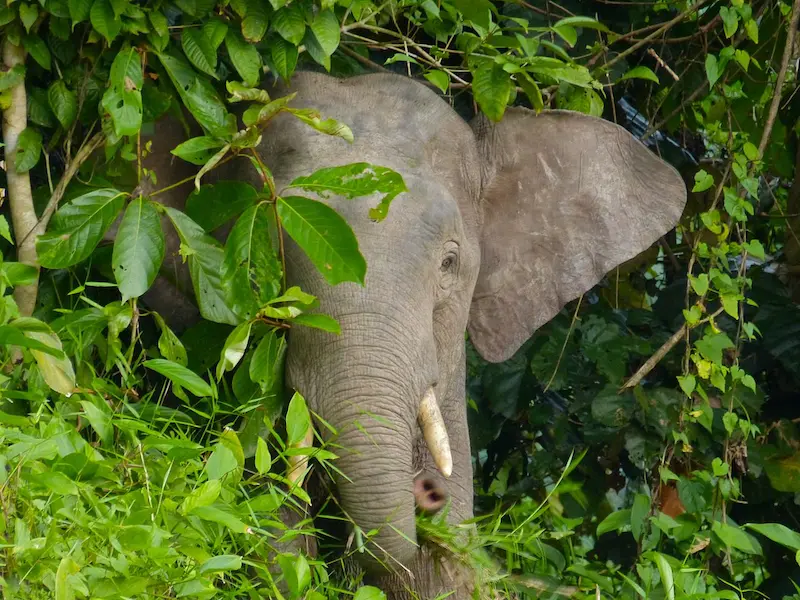
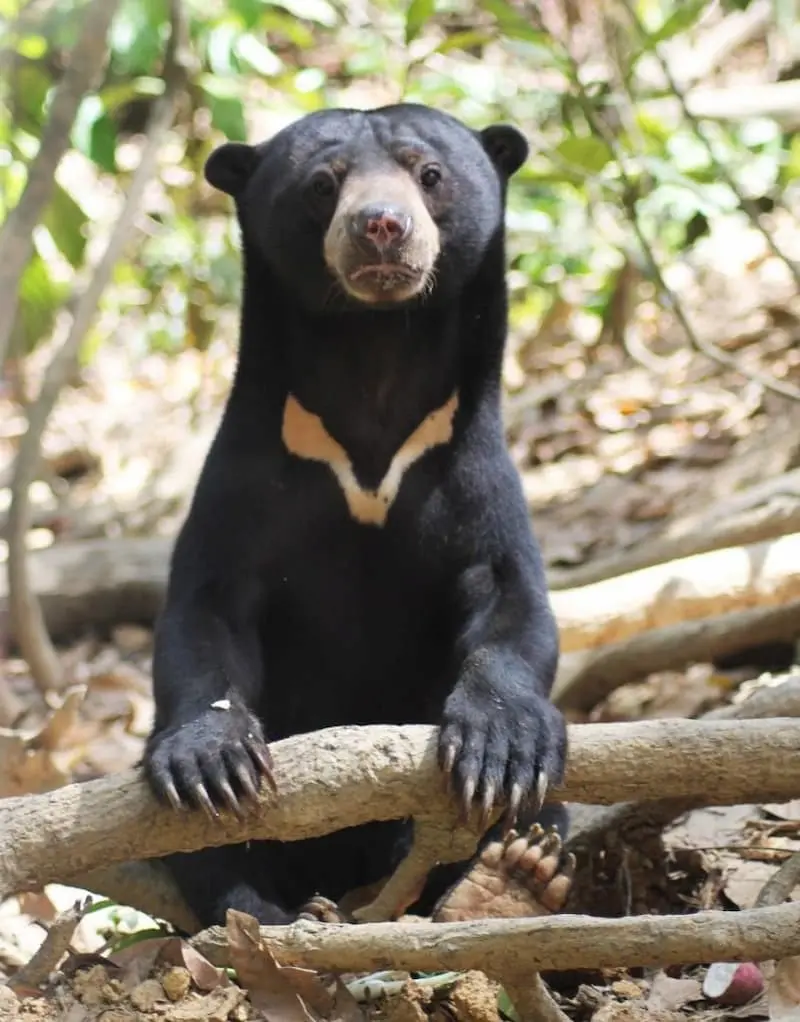
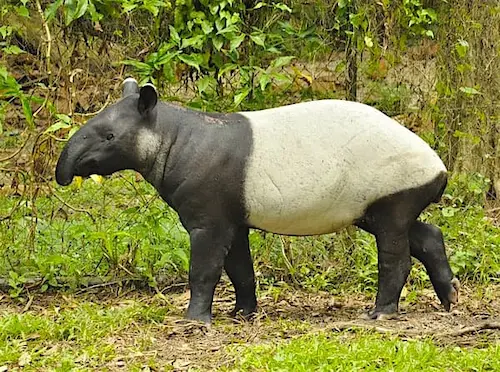

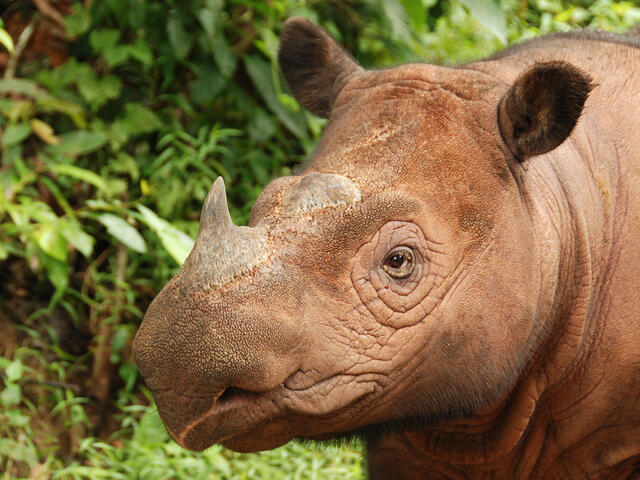





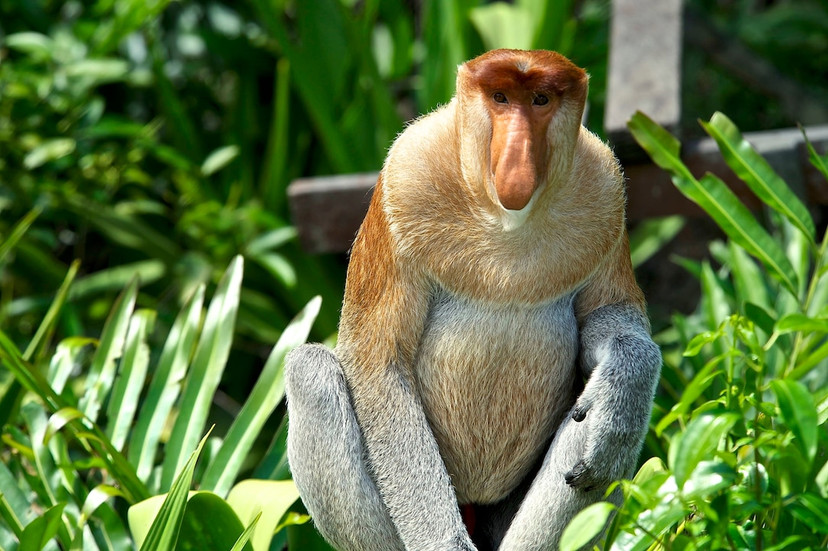
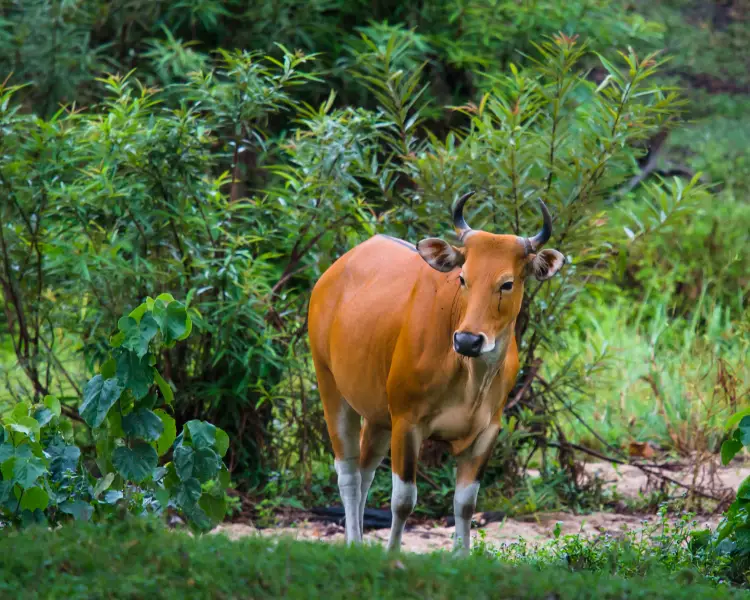



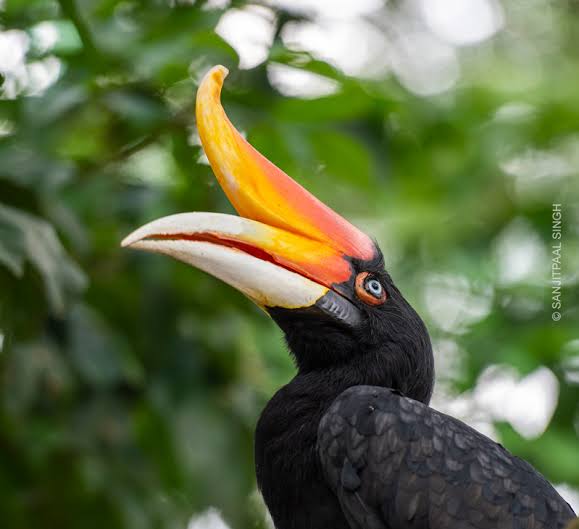





Comments